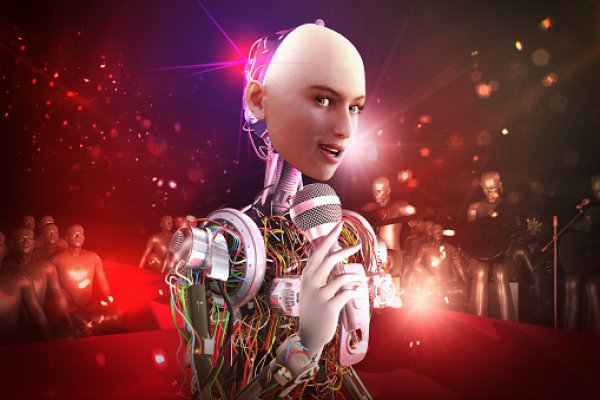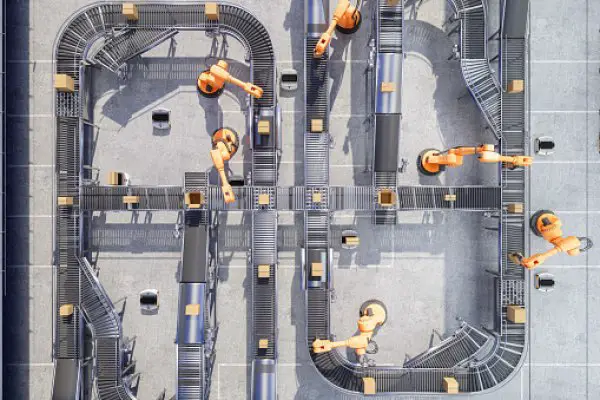Pope Francis highlighted the many advantages of technology and AI but warned that it should be handled ethically and responsibly to preserve human dignity and promote the common good.
Pope Francis has acknowledged the potential of technologies such as artificial intelligence when employed to promote the public good while at the same time sounding a warning against any misuse. He has applauded the benefits of utilizing technology and AI responsibly and ethically.
Monday, Pope Francis spoke at the ‘Minerva Dialogues,’ an annual gathering of scientists and experts organized by the Vatican’s Dicastery for Education and Culture. Addressing those in attendance, he did so to emphasize the vital role of scientific advancement.
The assembly brings together experts such as scientists, engineers, business leaders, lawyers, and philosophers with Church representatives, including curial officials, theologians, and ethicists, to explore and build knowledge of artificial intelligence’s social and cultural effects.
A Guide to Responsible Technology Use For Everyone
The Pope reiterated his appreciation for continuing this conversation, particularly concerning how technology should be responsibly handled. He continued by saying that this is a subject of great importance.
Pope says:
“Open to religious values.”
“I am convinced that dialogue between believers and nonbelievers on fundamental questions of ethics, science and art, and on the search for the meaning of life, is a path to peace and to integral human development.”
Technology has long been a boon to our human family, particularly in medicine, engineering, and communications. It has allowed us to make monumental strides toward improving the quality of life in all facets of society.
Pope continues to say:
“Immensely beneficial”
“We also see them as evidence of the creativity of human beings and the nobility of their vocation to participate responsibly in God’s creative action.”
“From this perspective,”
“I am convinced that the development of artificial intelligence and machine learning has the potential to contribute in a positive way to the future of humanity.”
“At the same time,”
Pope Francis went on to say:
I am certain that this potential will be realized only if there is a constant and consistent commitment on the part of those developing these technologies to act ethically and responsibly.”
“It is reassuring to know that many people in these fields are working to ensure that technology remains human-centred, ethically grounded and directed toward the good.”
Expressing appreciation for the emerging consensus that development processes should respect values such as inclusion, transparency, security, equity, privacy, and reliability, he noted the importance of such principles.
Pope Francis voiced his support for technology and its possible beneficial applications, stating that it should be used positively to promote genuine progress and improve the world. He also welcomed initiatives from international organizations to regulate these technologies to contribute to people’s quality of life positively.
Understanding The Intrinsic Dignity Of Every Man And Woman
Pope continues to say:
“I would therefore encourage you, in your deliberations, to make the intrinsic dignity of every man and woman the key criterion in evaluating emerging technologies; these will prove ethically sound to the extent that they help respect that dignity and increase its expression at every level of human life.”
“It is a source of concern to me that evidence to date suggests that digital technologies have increased inequality in our world,”
“Are our national and international institutions able to hold technology companies accountable for the social and cultural impact of their products? Is there a risk that increased inequality could undermine our sense of human and social solidarity? Could we lose our sense of having a shared destiny?”
The ultimate aim, he argued, should be for scientific and technological advancement to be paired with higher levels of equality and social inclusivity. This would ensure that growth in this area is accompanied by widening access to its benefits.
Understanding Human Dignity Beyond DATA Measurements
Pope continues to say:
“The concept of intrinsic human dignity requires us to recognize and respect the fact that a person’s fundamental value cannot be measured by data alone,”
“In social and economic decision-making,” he continued, “we should be cautious about delegating judgments to algorithms that process data, often collected surreptitiously, on an individual’s makeup and prior behaviour. “
Dr. Wilks cautioned that such information could become “tainted” by societal biases and preconceptions. He urged that close attention should be paid to data being presented to ensure accuracy and avoid the potential for misconstruing the truth.
Pope adds:
“A person’s past behaviour,”
“should not be used to deny him or her the opportunity to change, grow and contribute to society. “
“We cannot allow algorithms to limit or condition respect for human dignity, or to exclude compassion, mercy, forgiveness, and above all, the hope that people are able to change.”
Pope Francis, offering his prayerful good wishes to close the discussion, thanked all in attendance for their efforts to lend an ear and carefully consider everyone’s opinions.
Pope Francis’ message on ethical AI highlights the need for a responsible and human-centered approach to technological progress. As we navigate the opportunities and challenges of AI, let us keep in mind the values and principles that promote human flourishing and dignity for all.
Source: Vatican news. va



